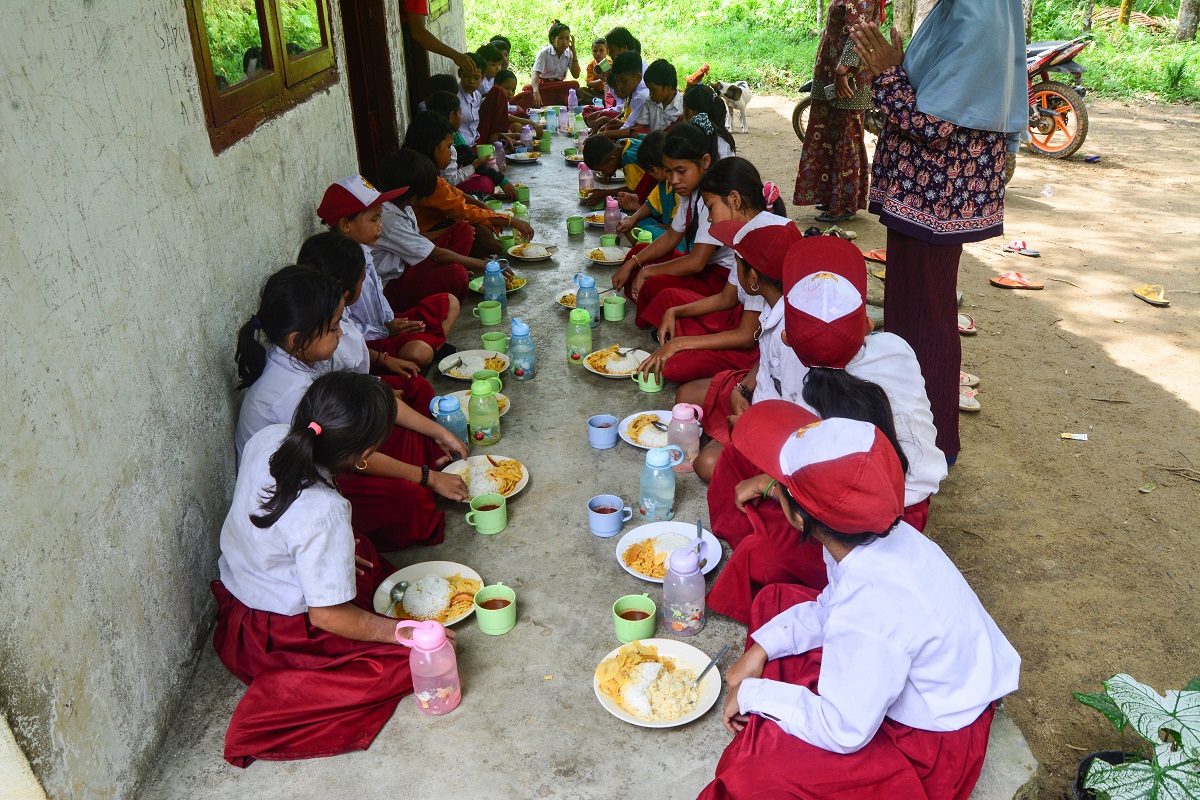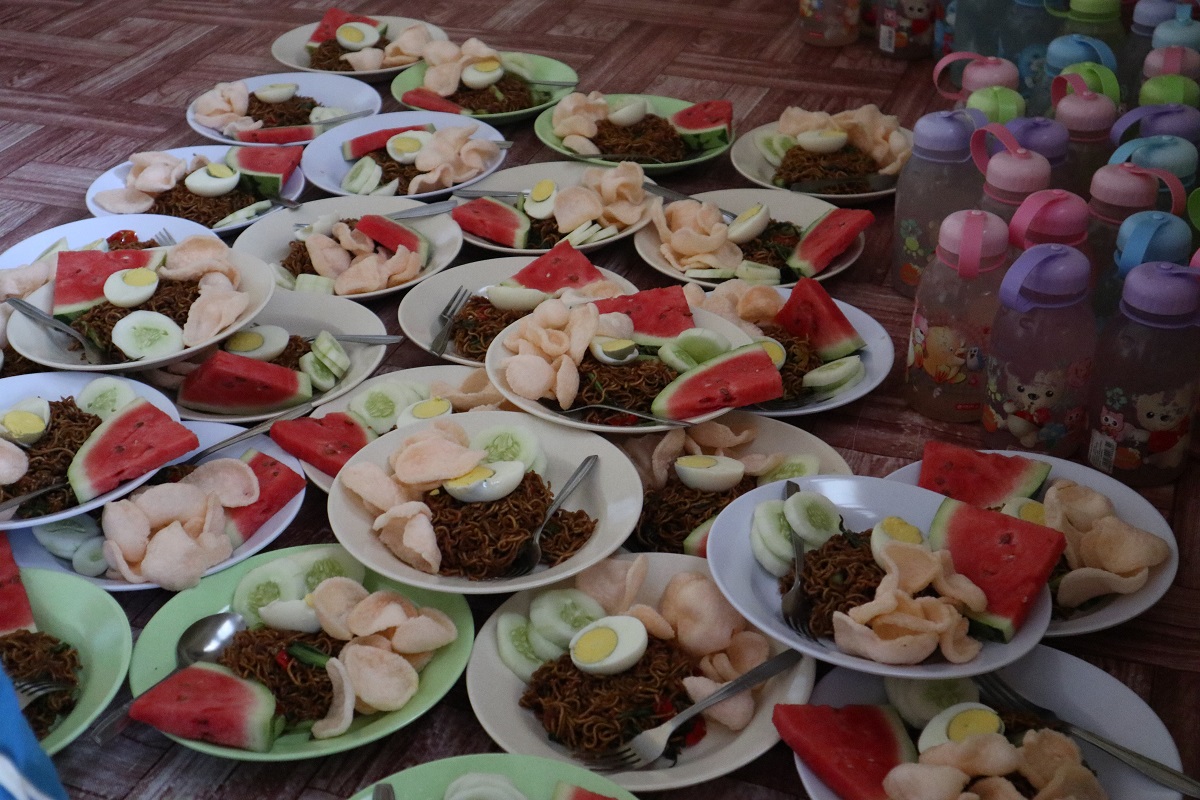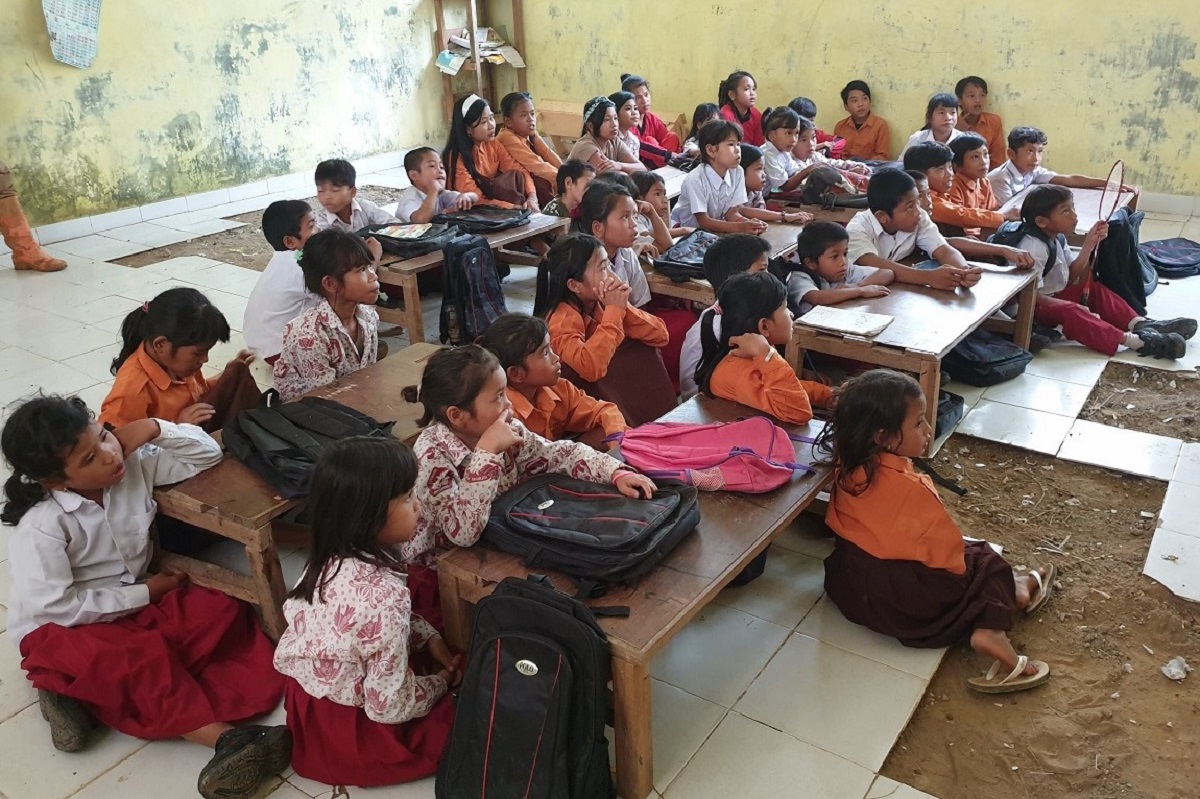The Bukit Tigapuluh ecosystem in Sumatra is home to numerous indigenous tribes including the Talang Mamak. The Talang Mamak is a non-nomadic Indigenous community of about 8,000 people. They live solely in the Bukit Tigapuluh landscape – the last remaining area of large contiguous dry lowland forest in Sumatra, which comprises an extremely rich and unique ecosystem and high biodiversity. While mostly a hunting and gathering society, the agricultural activities of the Talang Mamak consists of subsistence swiddens – a low technology form of agriculture with low yields. Due to their low income, some members of the community participate in illegal logging, clearing their traditional village forests for short-term income. Doing so puts at risk the long-term economic sustainability and health of the community, but also contributes to the deforestation of the Bukit Tigapuluh ecosystem.



Forests for People funds a sustainable community development initiative to improve the living standards of an Indigenous Talang Mamak community by incentivising education through offering nutritious meals to students who attend classes. Increasing the participation rate of children receiving an education and improving the children’s ability to focus on their learning by having a nourishing meal, is a sustainable way to reduce poverty and improve economic growth for the community. The secondary objective of the project is to build a future educated workforce to provide better opportunities of employment for the Talang Mamak community, increasing their potential for earnings and lifting them out of poverty. Employment opportunities will reduce the desire to engage in illegal logging or the illegal wildlife trade, helping to protect critically endangered wildlife but also providing a more sustainable future for this impoverished community.
This project provides the Talang Mamak children at Simerantihan Far Class Elementary School with a main meal usually consisting of rice, egg and vegetables and a snack of fruit and milk every day. This gives them an incentive to attend and stay at school, improving their health and academic achievement. Local people are employed from the local Simerantihan community to purchase food supplies every week, cook, and provide the food for the children at school. The food supplies are mostly purchased from local farmers around Simerantihan and Suo Suo villages which provides income support for local villagers.